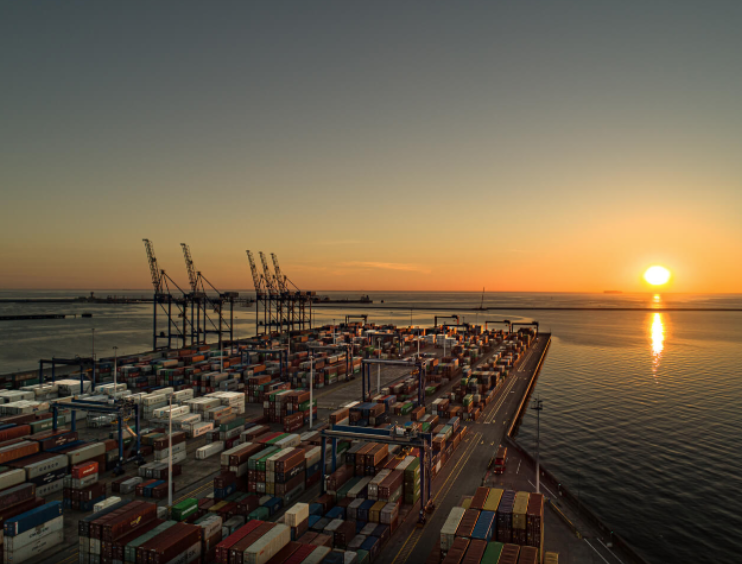
Navigating Geopolitical Disruptions: The Impact of the Ukraine War on Baltic Ports
4 months ago
Navigating Geopolitical Disruptions: The Impact of the Ukraine War on Baltic Ports

The war in Ukraine has significantly influenced the operations and strategic importance of Baltic container ports, underscoring broader economic and logistical adaptations within the region:
1. Disruptions and Trade Shifts: The war has rerouted trade flows, with Baltic ports experiencing reduced Russian cargo volumes due to EU sanctions and the cessation of trade partnerships. Ports like Riga, Klaipeda, and Tallinn are diversifying their operations to offset the decline in Russian-bound shipments. This includes developing infrastructure to handle non-Russian trade and fostering relationships with EU and global markets.
2. Energy and Infrastructure Investments: Energy logistics have become critical. Ports such as Klaipeda in Lithuania have invested in liquefied natural gas (LNG) terminals to reduce reliance on Russian energy, supporting EU-wide strategies for energy independence. These investments position Baltic ports as key nodes for alternative energy routes.
3. NATO's Strategic Presence: Increased geopolitical tension has amplified NATO's focus on Baltic security, impacting port operations. Military logistics and infrastructure, such as handling military equipment and supplies, are becoming more integrated into port strategies to support defense initiatives against potential threats from Russia.
4. Economic Adjustments: While sanctions on Russia disrupted traditional trade patterns, they have also driven innovation and diversification within the Baltic maritime sector. Ports are upgrading technology and expanding services to attract new business, emphasizing resilience in the face of geopolitical instability.
The Ukraine conflict has reshaped the Baltic maritime landscape, pushing ports to adapt through diversification, strategic alliances, and infrastructure development, reflecting the broader realignments in regional trade and security.
Source: Container News